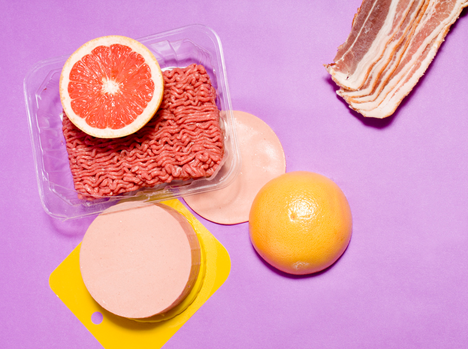I want to get to a point straight up today.

I’ve been travelling around learning about meat production and reading more and more on the subject. A few weeks back I shared how I eat my meat, which prompted debate and more questions. I’ve read some more…and more…and figured y’all might like to do the same.
First up, before I get to the great meat reads, I’ll clear a few things up:
* My food philosophy is always about how to get the densest nutrition for my ethical buck. This means balancing things up, making the best decision with every food choice. This means there is no “one right answer”. I value local over organic. I appreciate for many, a mainstream supermarket is their only shopping option (the closest bourgeois farmer’s market might be a two hour drive away). And I value sustainability first and foremost (both of the planet and of our food systems), ahead of my own hedonistic needs (taste, texture, convenience and even health).
* I’m not a scientist. I’m a journalist, a conduit. I take dense information and share it in a way that’s most appropriate to the readers here on this blog. And this is a personal blog where I make it very clear that these are my personal experiences and interpretations. As always, I keep reading and learning, with my eyes wide open. I encourage the same of everyone here.
* I live in Australia where many of the stats bandied around about the amount of water and grain to produce meat are a moot point. I explain, why below (eg: the bulk of beef and lamb in Australia is grass fed, raised on arid range land that can’t be used to produce grain etc). Thus, most of the popular factoids do not apply to Australian meat.
So, to this end, some extra reading and ideas to digest:
1. The Vegetarian Myth: Food, Justice and Sustainability, by Lierre Keith
Lierre was a vegan for 20 years and switched to sustainable meat eating for ethical, environmental and health reasons. Indeed, this positioning makes her take very compelling. She has thoroughly explored every possible